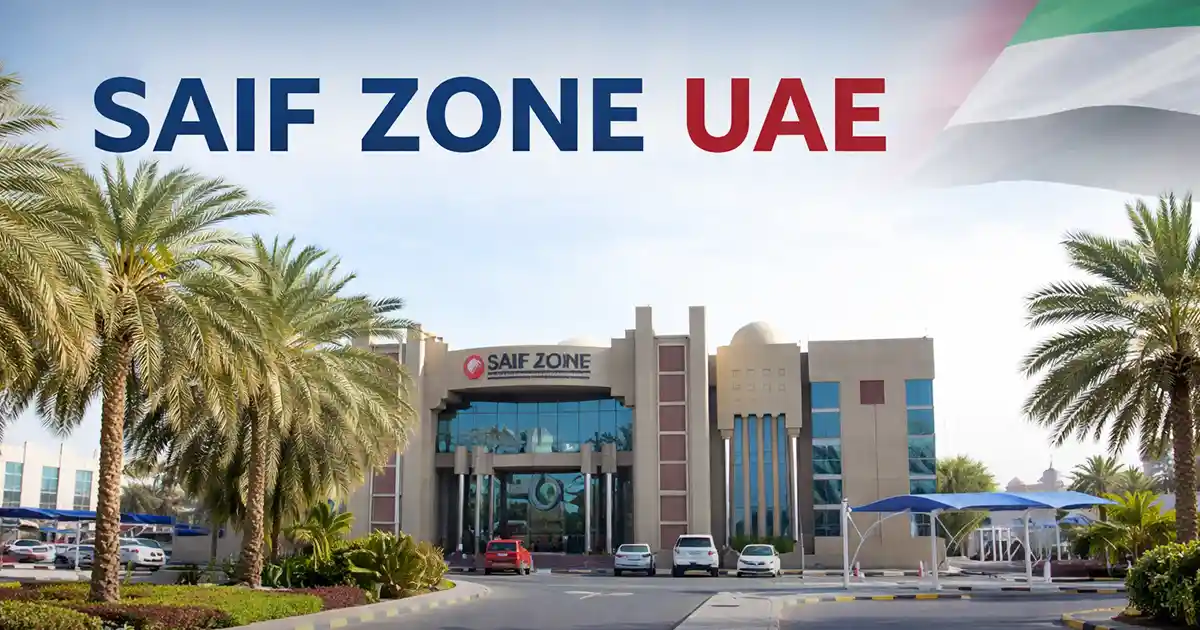Steps to Start a Real Estate Business in Dubai?
Dubai’s real estate market offers enormous opportunities for investors and entrepreneurs. From residential and commercial properties to luxury developments, the city attracts a diverse client base. Starting a real estate business here requires careful planning, legal compliance, and a clear understanding of the market.
1. Choose the Right Business Structure
The first step is to choose the right business structure, as it defines ownership, licensing, and growth opportunities.
- LLC (Limited Liability Company): An LLC is ideal for mainland operations. Offers flexibility to operate across Dubai and work directly with clients.
- Free Zone Company: Allows 100% foreign ownership. Good for startups or international investors. Limited mainland operations without additional approvals.
Most businesses targeting Dubai’s mainstream market prefer an LLC for full operational access. Free zones suit niche services or investor-backed startups.
Know more: How Much Does It Cost to Set Up an LLC in Dubai?
2. Decide on Your Business Activity
- Choose your business focus: brokerage, property management, consultancy, or development.
- Align your activity with your expertise and target market.
- Check if the chosen activity requires additional approvals from authorities.
3. Reserve a Trade Name
- Submit your preferred company name to the Department of Economy and Tourism (DET) or the relevant free zone authority.
- Ensure the name complies with Dubai’s naming regulations.
4. Obtain Initial Approvals
- Apply for initial approval from DET or the Free Zone Authority to confirm government permission for your activity.
- Some activities may require additional approvals or clearances.
5. Secure Office Space
- Lease an office in the mainland or a free zone, depending on your business setup.
- Ensure the office meets legal requirements for space and facilities.
- Obtain a tenancy contract and an Ejari certificate as proof.
6. Apply for a Real Estate License
- Submit the required documents to the Dubai Land Department (DLD) or Real Estate Regulatory Agency (RERA).
- Before operating, complete RERA certification and training if you or your employees are brokers.
- Pay the necessary license and registration fees.
7. Hire Employees
- Recruit qualified staff, ensuring brokers have RERA certification.
- Consider administrative, marketing, and support staff based on business size.
- Ensure visas, insurance, and contracts are in place.
8. Set Up Technology and Marketing
- Implement a CRM system, property listing software, and digital marketing tools.
- Build a professional website and social media presence to attract clients.
- Plan marketing campaigns, networking events, and client outreach strategies.
Contact Safe Ledger to easily navigate every step, from company registration and trade licenses to RERA certification and operational setup.





